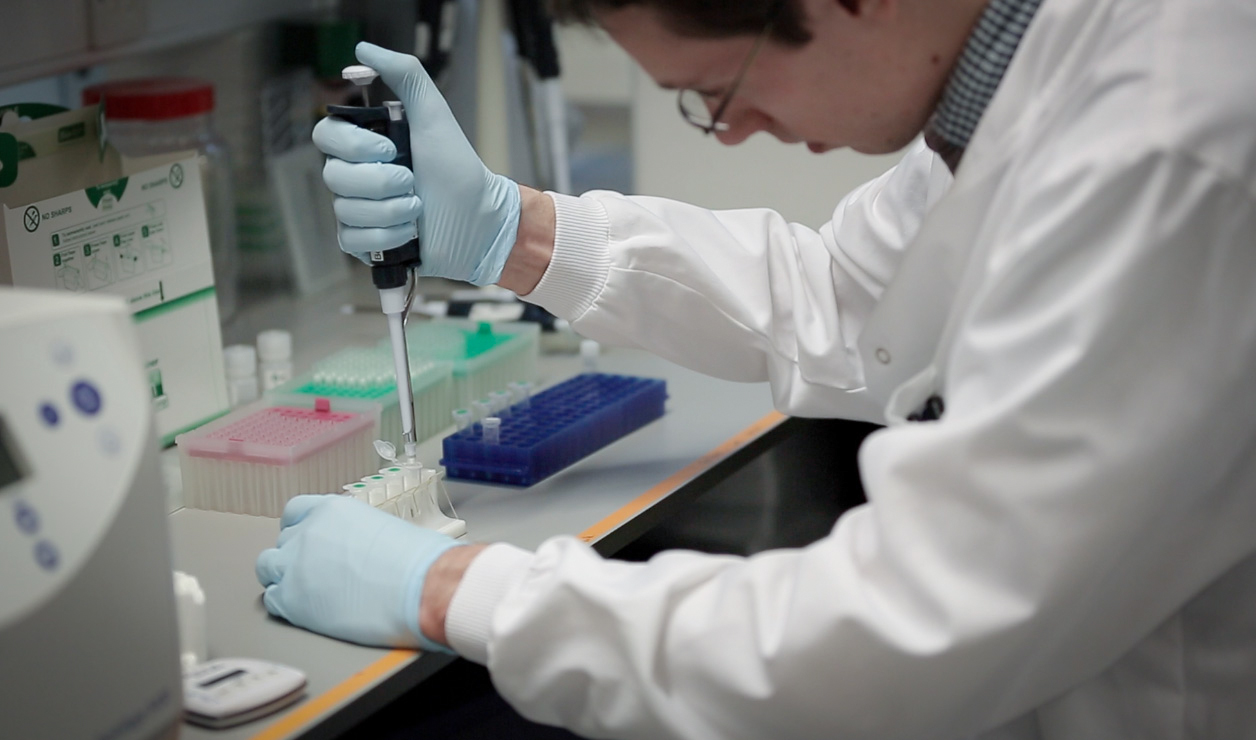Vaccines are coming out each day now it seems. Most of the news goes towards ones equipped to battle the coronavirus. However, there are vaccines being introduces for a variety of other ailments and challenges that we are facing in the world of global health. Covid showed each of us exactly just how mother nature can attack and the advancements in technology and communication can do little about it. The good news is that faster than ever, scientists are able to design vaccines to help protect us again these viruses.
While it’s great to have a fast option to offer protection against a potential deadly disease, it’s important to talk about the other side of this coin, which is what are we putting into our bodies. The fact is that there is no way to know for certain if there will be any short-term or long-term effects from the vaccination. Each person is different and even in cases where there is a 99.9% success rate, that still means that .1% of those who receive these shots are having effects. So, if you are on the fence about a new medication, what should you do?
Speak To Your Doctor
The first step is to speak with your doctor. The reason this is important is because they can go over what exactly is best for you based on your personal health. For example, if one of the vaccines that’s available to combat covid is not showing the best results for people who have a chronic condition that’s mild, but still needs to be considered, chances are your doctor is the only one who is going to be able to tell you whether or not you need to consider this as well. Their insight will be most reliable which is why you need to start with them.
In cases where there is more than one option, you may not get a definitive answer from your doctor. If this is the case, try to speak with your specialists as well. It’s always good to check with these medical professionals because there may be a reason not to take something that you are unaware of that would only be something that effects you. If they feel that you should get vaccinated and will have little to be concerned about, then you should consider the next step.
Speak To The Pharmacist
Your local pharmacist is the next person you should talk to. They know about your medical history but they also are the ones who usually give out these shots, especially when it comes to covid. They can tell you if anyone has had any significant reactions to a specific manufacturer or if they recommend you do something else based on who you are and your medical state. Remember, these men and women understand the science of the medications they are administering and they can help you to better understand if there’s one way you should lean based on manufacturer or something else.
Another great advantage to speaking with a pharmacist is that they can usually give you a better idea of what to expect, how to be in the best condition to get the shot and what you should do after. For example, should you get it in the morning or at the end of the day? On a full stomach or empyt stomach? What should you not do after getting the vaccine for a day or two? What effects should you keep an eye out for? These are all important questions and can help make the first couple of days easier on you.
Know What To Research
If you are going online to research a medication, focus on only going with proven resources. Companies must present information about the medications they are producing and this information is valuable to you if you are not sure what should do in this case. It is also a good idea to do the research before you speak with a medical professiona, that way you have a better understanding of their answers to any questions you may have.
Top Questions To Ask About A New Vaccine
If you are still on the fence and are planning to speak with a doctor or pharmacist first, try to focus on asking these questions to begin with:
- What are the chances of me getting what this vaccine will protect me from? This is an important question because it breaks down what is overkill and what is a reasonable precaution. For example, the coronavirus is very easy to transmit to someone else and can be done so through the air. For that reason, it is a very dangerous virus and precautions need to be taken. Other virus may be far less likely to be contracted and therefore taking medications to prevent their effects may not be as important and comes down more to a personal choice.
- What is the severity of that virus? Even if thousands of people are getting sick each day from a disease or virus, the question then needs to asked about the symptoms. If you are just going to get a runny nose and a slight headache, perhaps the extra precautionary steps are not worth it. However, in the case with Covid and millions of people around the world dying from the pandemic, the symtoms can be much more severe.
- How often will I need to get vaccinated? We sometimes associate getting a shot to when we were getting vaccinated as children. Most of those shots only required one or two visits and that was it. It may not work that way in this case which is why it’s important for people to research how often they need to get boosters or if they will just come back the next year for the shot.
- What type of precautions do I still need to take, even if I’m vaccinated? In the case of the flu shot or the covid vaccine, there are still precautions you can take to prevent the chances of contracting a virus, even if you are vaccinated. Wearing masks and washing your hands are two of the most effective strategies and have been proven to work.
- What sideeffects are most common? Whenever you are trying something new in the medicine field, you want to know what to look out for. For example, if you get a shot and the next day your stomach is upset, was that part of getting the shot? Knowing what to expect is a good thing for most because it helps them understand if they should not be worried or if they need to contact someone.
We never know how a medicine is really going to react to our bodies. Even medications we have been on for years may no longer be effective simply because we change. That’s why, you should never avoid important medications but it also is a good idea to do the research and decide for yourself, only after talking with medical professionals.




Leave a comment